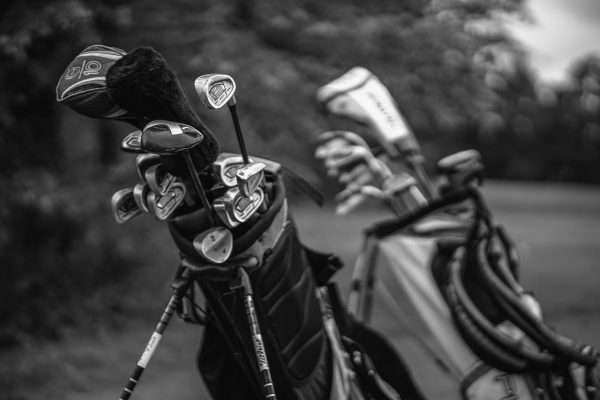How sporting terms enter the mainstream
In 1976, a Canberra cricketer who had moved there from Western Australia complained about the quality of the local pitches, which were not like those in his native Perth where “the ball bounced truly and you could safely tug four bits off the deck at the WACA without fear of getting rissoled for a gozzer by a guzunder”. In English, rather than contemporary Australian sporting parlance, this meant the pitch at the Western Australian Cricket Association’s ground was so consistent in height and bounce that a batsman could play across the line and hit a pull shot for four without fear of being bowled without scoring by a ball keeping low.
All sports have their own terminology comprehensible only to the cognoscenti. Pugilism, the bare-knuckled precursor to gloved boxing, developed a reporting language of its own as in the following, written by Pierce Egan, a noted early nineteenth-century reporter on the sport:
“The champion took on a Johnny Raw and used his bunch of fives to tap the claret and give the young bruiser several nobblers resulting in a suit of mourning and broken ivories. Although dished, he showed bottom in the milling and groceries were thrown in the ring at the end of a fight.”
Most of this language has disappeared from the sporting lexicon but prize-fighting has left an impact on the vernacular in phrases such as ‘having bottle’, derived from fighters taking (Dutch) courage from the brandy bottle between rounds, ’coming up to scratch’, taken from the line they had to put their forward foot to when ready to fight, and ‘throwing in the towel’, when seconds acknowledged that their man had had enough.
Some other sporting terminologies have become so much part of the vernacular that they are now regularly used in non-sporting contexts. Most of us are familiar with such expressions of fair play as ‘it’s not cricket’, ‘a level playing field’ and not ‘moving the goalposts’, but how many of these others can you recognise and from what sport do they come?
- ‘rub of the green’
- ‘fast and loose’
- ‘stickler for the rules’
- ‘crestfallen’
- ‘on one’s tod’
The rub of the green emanates from golf but does not refer to the grain on the putting surface which causes a ball to come up short or shoot past the hole, but instead to the whole course including the pot bunkers which are liberally sprinkled around the old links courses to trap the unlucky golfer. A clue to this is that golf course curators, the men responsible for maintaining the fairways, culling the rough and mowing the putting areas are still called greenkeepers. Playing fast and loose in one’s love life can be almost as dangerous as not knowing when to ‘hold fast’ or to ‘loose’ one’s arrow in archery. Referees in traditional wrestling carried thin sticks which they attempted to push under the shoulders of a pinned wrestler to assess whether he had been fully pressed to the floor in a legitimate fall. Crestfallen describes the state of the losing bird savaged in a cockfight. Finally we have a phrase that came from racing in the early twentieth century when American jockeys invaded the British turf and utilised their ‘monkey on a stick’ riding style to great advantage against home riders who stuck to an upright riding position with its greater wind resistance. In addition, the Americans also brought with them different racing tactics. British jockeys had often raced almost half-paced in the earlier stages of a race and then swooped in for the final furlong or so. In contrast, the Americans often raced from the front if they felt their mount could cope with the pace. Prime amongst these riders was Tod Sloan who was often so far in front that commentators spoke of him and his mount as being ‘on one’s tod’.
For the Record
Although most racehorse names are taken from existing language on one occasion the name of a horse actually entered the vernacular with a specific meaning. Drongo, named after the spangled drongo bird, ran many times but never won a race leading to drongo becoming an Australian insult meaning stupid or incompetent.







